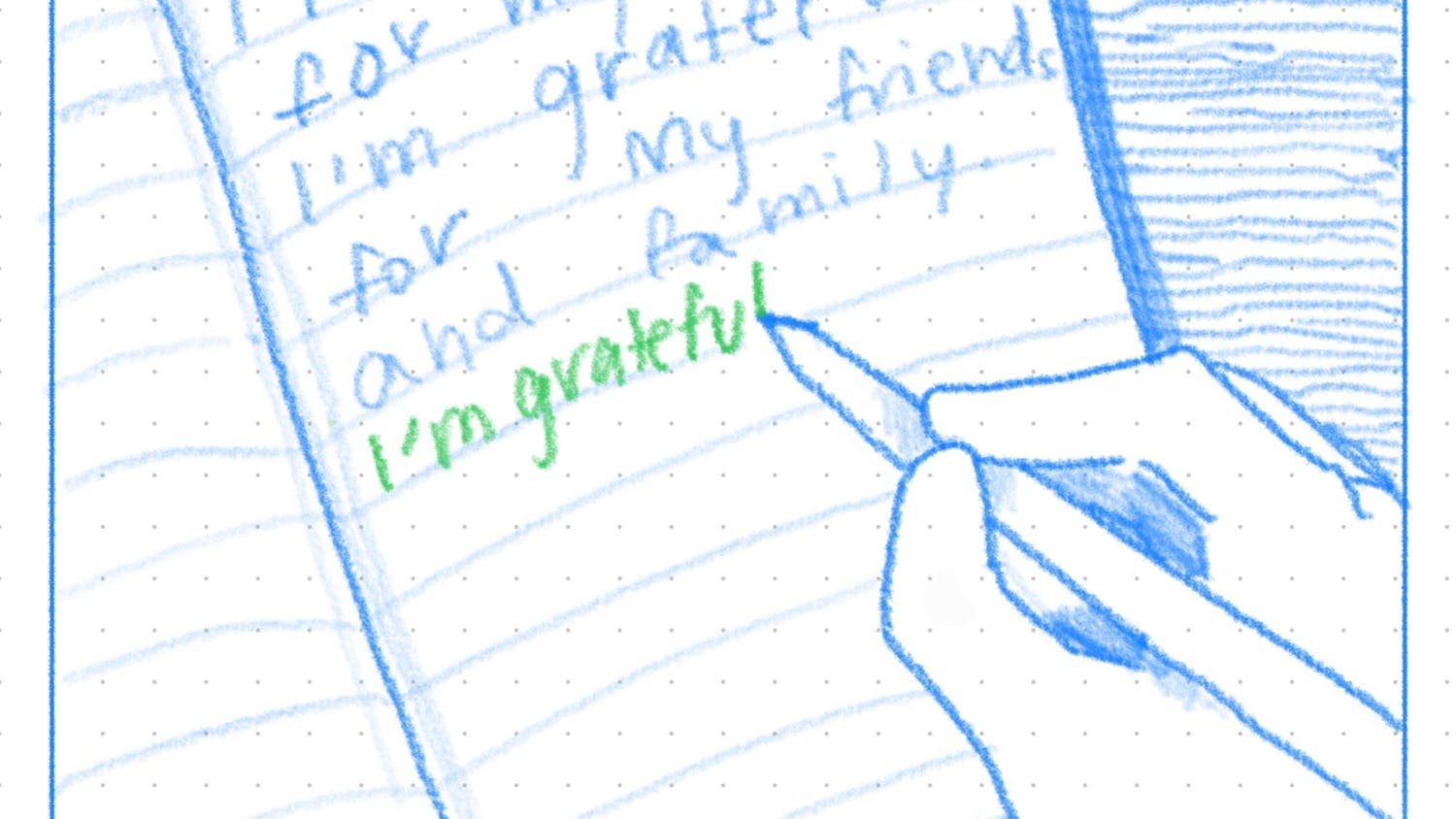About the middle of last December, I was pleasantly surprised to read that libertarian Rep. Ron Paul, R-Texas, had taken up the defense of WikiLeaks founder and editor-in-chief Julian Assange on the floor of the House. "Is there not a huge difference between releasing secret information to help the enemy in a time of declared war, which is treason, and the releasing of information to expose our government's lies that promote secret wars, death and corruption?" Paul asked the assembled legislators.
My hope is that Paul's courage and eloquence in attempting to redirect attention and controversy from the messenger to the troubling message have not fallen on deaf ears.
Amidst the controversy ignited by the November release of tens of thousands of U.S. State Department diplomatic cables and the earlier releases regarding the Iraq and Afghan wars, Paul's speech was politically costly. Indeed, the conservative blog RedState went so far as to call him "al-Qaeda's favorite member of Congress." It has nevertheless placed Paul among a very few public figures who have been willing to challenge the anti-WikiLeaks vitriol of the decision-makers who bear the most responsibility for the secret wars and other questionable meddlings revealed by the organization. These individuals include such warhawks as Sen. Joe Lieberman, I-Conn., Defense Secretary Robert Gates and even Sarah Palin, whose voice has been among the most strident in calling Assange a terrorist who should be "pursued with the same urgency [as] al-Qaeda and Taliban leaders."
These opponents of WikiLeaks have made much of the idea that the organization is responsible for endangering U.S. citizens and allies. Setting aside the glaring hypocrisy of such war-mongers accusing WikiLeaks of putting people in harm's way, it is evident that these claims are mostly baseless.
To begin with, the idea that the leaks incite new anti-American sentiment is flawed. Afghans and Iraqis do not have to find their way to the widely censored "Collateral Murder" videos to see that the realities of the wars in which they live are brutal. Likewise, the people of Pakistan and Yemen who are impacted by the instability in their respective countries do not need diplomatic cables to tell them that they are being affected by a U.S. military presence. Rather, it is the under-informed U.S. public that stands to benefit.
The Pentagon continues to claim that the leaks may have revealed information of strategic importance. It should, however, be remembered that it was not until 18 years after he prosecuted the New York Times for publishing the Pentagon Papers that former solicitor general Erwin Griswold admitted that the classification of those documents was purely to avoid government embarrassment.
The report that some of the leaked documents may have revealed identifiable details of Afghan informants in its Afghan War Diaries is of much greater concern. WikiLeaks claims to have made efforts to protect informants' identities prior to the initial release, and for subsequent releases, it has used more thorough methods. If it turns out in the coming months that negligence on the part of WikiLeaks' editors has put informants or their families in harm's way, then this will be the single unambiguous instance of wrongdoing by the organization, and it will be the result of carelessness, not of ill-intent.
It is only reasonable that if we accept speculations about the dangers of these leaks, we must also weigh them against equally speculative views of the wide-ranging benefits of increased government accountability.
Much has been said about the damage done to diplomacy by the latest leaks. Yet if such diplomacy consists of our government supporting repressive regimes or launching combat operations of which the U.S. public has no knowledge but for which it pays dearly, then what has been lost? In the case of repressive regimes, the recent episodes of popular unrest in Egypt and Tunisia demonstrate that the perpetuation and support of such regimes does little for the long-term stability of such regions, let alone the people's right to democratic self-determination.
As for the politicians who are upset about having been caught making diplomatic compromises, perhaps now is the time for them to recognize that it is their own incendiary language and hardline public stances that have made their jobs difficult. Such quips as President George W. Bush's refusal to "negotiate with terrorists and radicals" are clearly a non-starter in a world of greater diplomatic accountability.
Furthermore, WikiLeaks presents an opportunity for the U.S. to demonstrate its commitment to democracy by not attacking whistleblowers. Is it not hypocritical for leaders who call for regime change and democratization to shroud their efforts in such undemocratic secrecy? For U.S. leaders to credibly criticize the censorship of governments such as that of China, mustn't they lead the way by accepting the era of WikiLeaks with grace?
Those of us who believe that powers-that-be must be held accountable should stand with WikiLeaks as it prepares to release new documents relating to tax evasion by some of the world's richest people and material from a hard drive believed to have belonged to a Bank of America executive. In the current spirit of economic malaise, anger at the increasingly consolidated and powerful banks and disgust at the growing inequalities between rich and poor, such insights may be welcomed as no leaks have been before. We live in interesting times.
Ian Trupin ‘13 is a COE concentrator.




